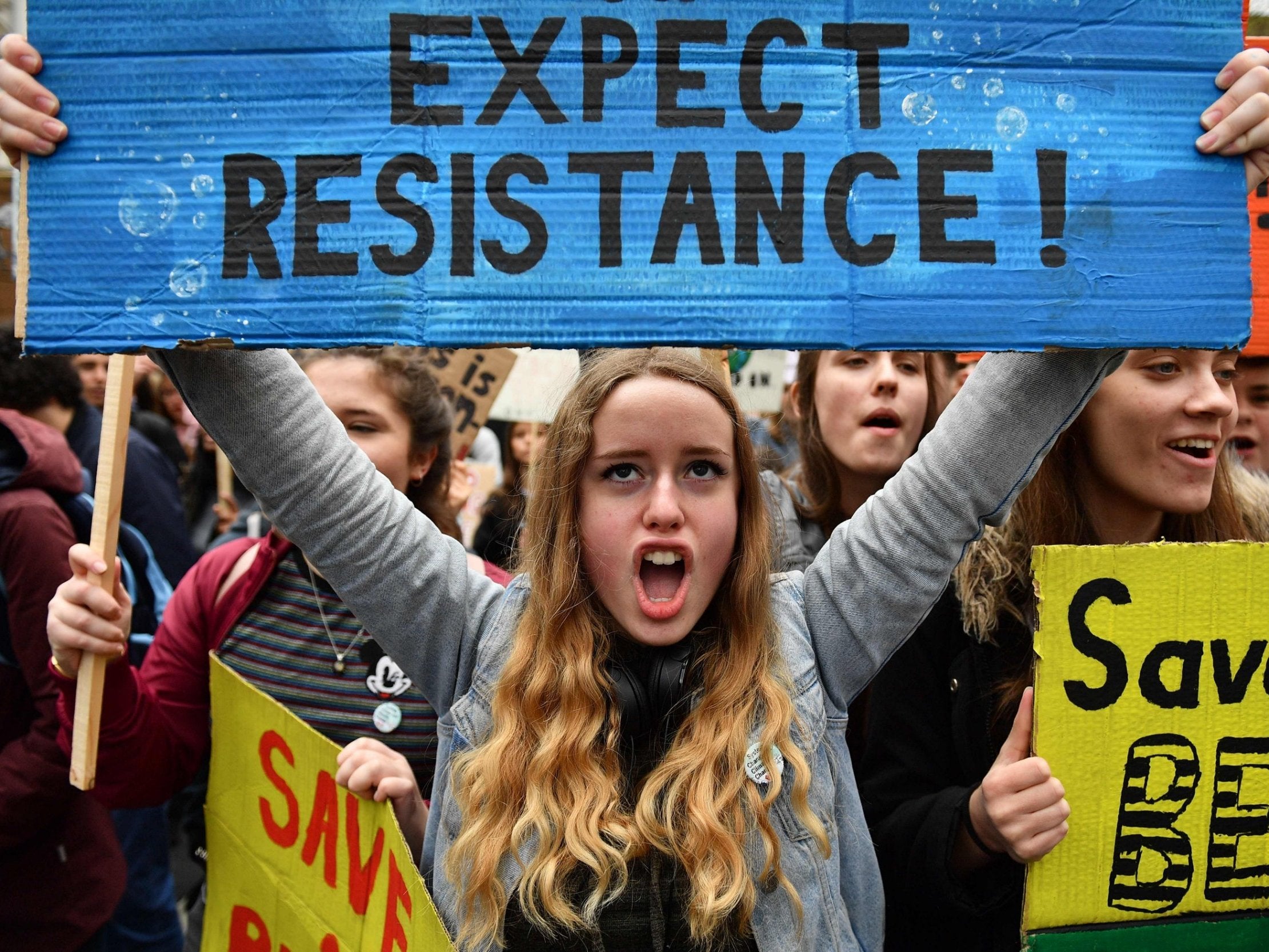Conflicts, climate change and mental illness among ‘biggest emerging threats to children', United Nations warns
Young people more vulnerable to grooming and abuse amid online misinformation, children's charity says

Your support helps us to tell the story
From reproductive rights to climate change to Big Tech, The Independent is on the ground when the story is developing. Whether it's investigating the financials of Elon Musk's pro-Trump PAC or producing our latest documentary, 'The A Word', which shines a light on the American women fighting for reproductive rights, we know how important it is to parse out the facts from the messaging.
At such a critical moment in US history, we need reporters on the ground. Your donation allows us to keep sending journalists to speak to both sides of the story.
The Independent is trusted by Americans across the entire political spectrum. And unlike many other quality news outlets, we choose not to lock Americans out of our reporting and analysis with paywalls. We believe quality journalism should be available to everyone, paid for by those who can afford it.
Your support makes all the difference.Conflicts, the worsening climate crisis, a decline in mental health and online misinformation are among the biggest emerging global threats to children, the United Nations Children's Fund (Unicef) has warned.
Global leaders must step up their efforts to address growing challenges facing the younger generation, the charity said.
“Childhood has changed and we need to change our approaches along with it," its executive director, Henrietta Fore, warned in an open letter, which also outlined eight threats for the world’s children, including climate change, online misinformation and mental health problems.
“Our climate is changing beyond recognition. Inequality is deepening," she added. "Technology is transforming how we perceive the world. And more families are migrating than ever before.”
The rise in extreme weather patterns and toxic air, prolonged drought and flash floods, because of the climate crisis, is disproportionally affecting the poorest, most vulnerable children, the letter states.
The majority will grow up as "natives of a digital environment saturated with online misinformation" including fake audio and video content, it adds.
Online misinformation is leaving children vulnerable to grooming and abuse, the letter warns, adding that it is fuelling distrust in vaccines and in some cases prompting a resurgence in deadly diseases.
“We can no longer rest on the naive assurance that truth has an innate upper hand against falsehood in the digital era, and so we must, as societies, build resilience against the daily deluge of falsity online," Ms Fore wrote. “We should start by equipping young people with the ability to understand who and what they can trust online, so they can become active, engaged citizens."
The letter also calls for the treatment and rehabilitation for young people affected by mental health issues to be prioritised.
Depression is now among the leading causes of disability in the young, it states.
“Children and young people of today are taking the lead on demanding urgent action, and empowering yourselves to learn about, and shape the world around you," it adds. “You are taking a stand now, and we are listening.”
It comes as young people around the world are preparing to take part in what is predicted to be the largest global climate strike on Friday.
They will once again walk out of lessons to demand urgent action to curb global warming.
Join our commenting forum
Join thought-provoking conversations, follow other Independent readers and see their replies
Comments